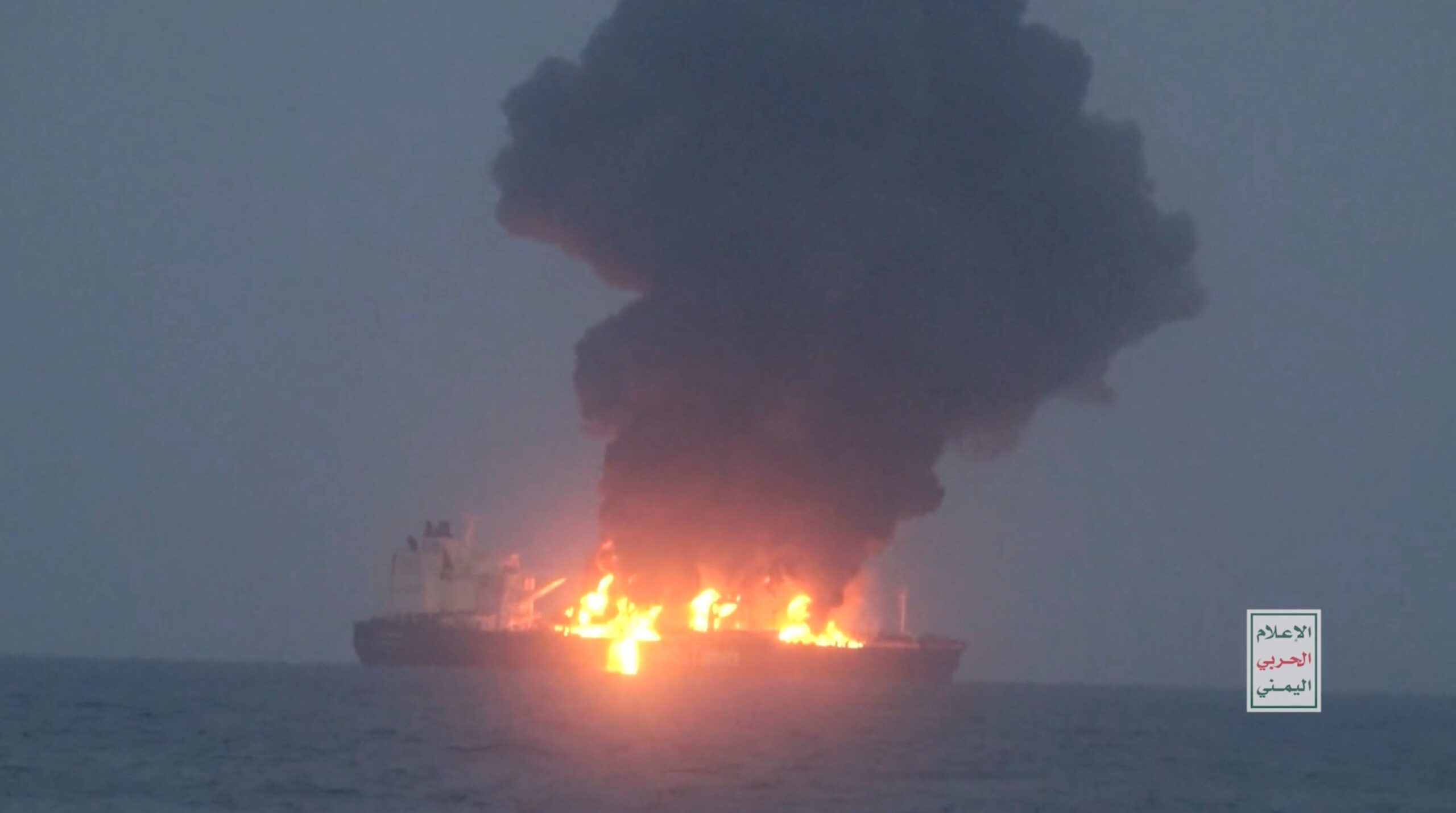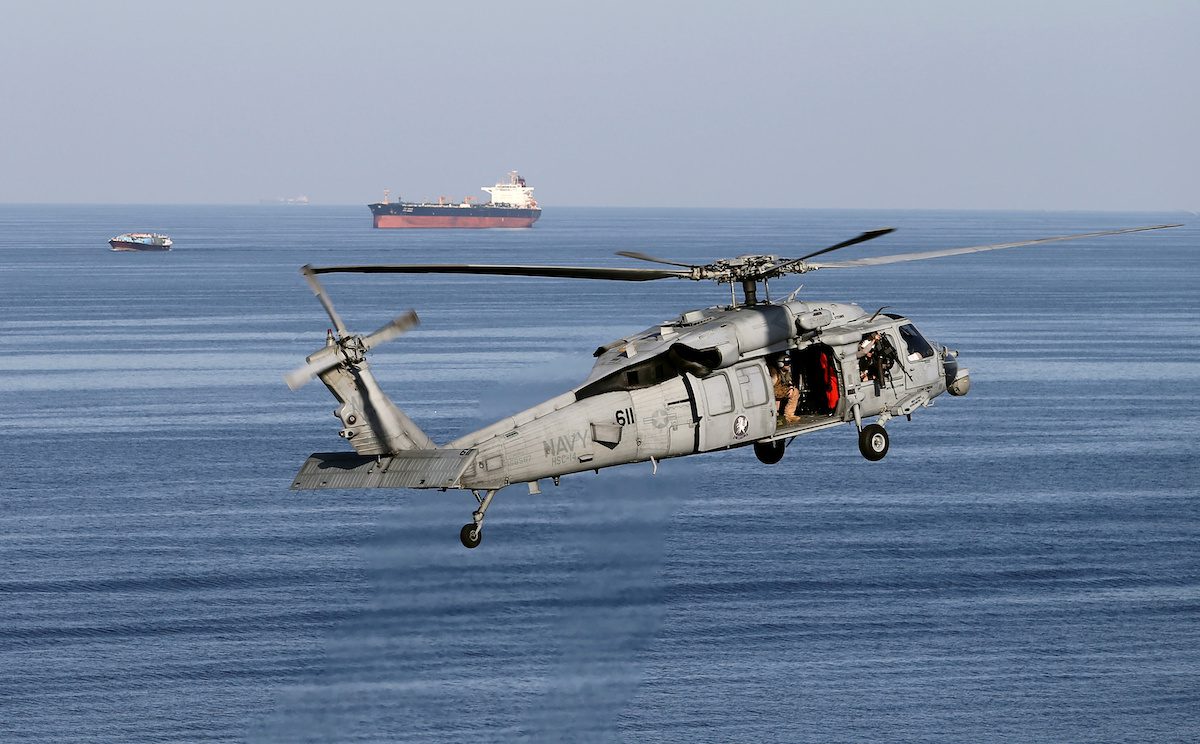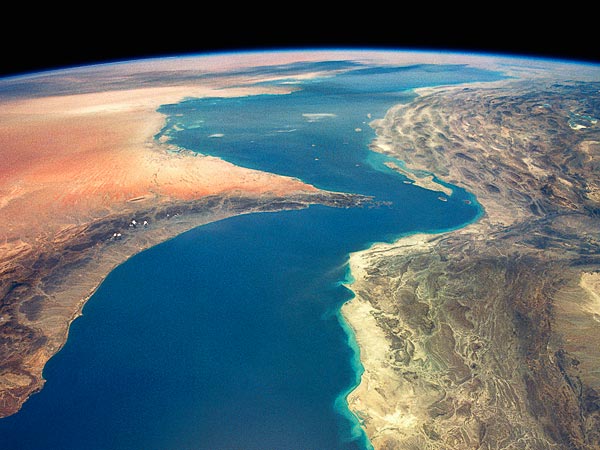By Barry Parker (gCaptain) –
The International Maritime Organization (IMO)’s MEPC79 sessions continued Tuesday with an eventful Day 2 of its week-long gathering.
After extensive commentary and “interventions” from the delegations, a second “working group” on Green House Gasses (GHG) was established, with aim of continuing last week’s discussions on the subject. The time pressure is on; the new group has been tasked with submitting a report on its findings to the broader delegate group (“the plenary”) by the end of this week.
The main items for the group include putting together a draft of a Revised IMO strategy for GHG reduction from vessels. The “Revised Strategy”, which will not be officially set down until the next MEPC meeting (MEPC 80 in Spring 2023) is likely to seek a target of 100% GHG reduction, overriding the IMO’s earlier “Initial Strategy”, which had set a target of 50% reduction in GHG by 2050 (compared to 2008 levels).
In a summation of the Day 1 and Day 2 discussions, the Chair “welcomed the convergence on the development of a basket of measures consisting of both technical and economic elements,” and, very importantly, “noted the increasing support for a possible combination of a technical element and an economic element within a basket of measures.” Basically, the IMO is now thinking about integrating economic incentives, which might be a levy on each ton of carbon emitted, into the push towards maritime fuels with lower GHG emissions.
Additionally, the formulae for computing EEXI (Energy Efficiency Design Index) and Carbon Intensity Indicator (CII) would be reviewed by the newly formed group. With onboard carbon capture on the horizon, proposals have been submitted where the requisite EEDI and CII calculations, already highly complicated, would be modified to consider tons of carbon captured aboard vessels—a technology not yet ready for prime-time, but it’s coming). The new Working Group will report out on Friday, Dec. 16th as MEPC 79 wraps up.
Carbon capture aboard vessels was also a subject of discussion in the plenary meeting; several delegations had submitted documents on both the regulatory and the technical aspects of the inchoate onboard technology. After some back and forth, the Chair decided to put off detailed discussions of these matters (things like certifications of equipment efficacy, and how vessel surveys might be conducted) until the MEPC 80, in Spring, 2023. As explained above, consideration of the EEDI and CII formulae (and giving credit for carbon that is not emitted) is happening this week.
And then there are “Green Corridors”, which have been dubbed “route based actions to defer GHG emissions”, in IMO-speak, also on the Day 2 agenda. The corridors, where greener shipping “ecosystems” (including hubs for dispensing alternative fuels, in the views of some) are developed on very specific routes, is a concept that was launched at the COP 26 Conference in Glasgow (October 2021). It received a boost at the just-finished COP 27 (in Egypt, Nov, 2022). The question of whether the route-based actions could be considered in developing the IMO’s Revised Strategy, including in deliberations by the newly formed Working Group (spoiler alert- the answer from the Chair was “yes”) was contentious.
Among the comments from the floor on the corridors were those of Australia (linked to a proposal by the well known shipping company Star Bulk to develop a corridor for shipping iron ore from its western ports, up to Japan). Its representative asserted that: “we see Green Corridors…as tangible outcomes of effective collaboration along the maritime value chain, and as important experience building vehicles for deploying the new technologies. We support sharing information through the IMO on opportunities, and the lessons learned, from specific route based actions.” The delegation added: “Green shipping corridors can help facilitate the development of appropriate safety and environmental standards and provide a mechanism for collaboration…”
The Chair emphasized that possible including of Green Corridors in the GHG reduction “Action Plans” of individual countries (these plans being a 2020 IMO invention) is strictly voluntary- it is not a requirement.
Read more: gCaptain’s full MEPC 79 coverage

 Join The Club
Join The Club










